Flow, temperature, pressure, level, and other parameters are essential for controlling industrial and agricultural production processes. Among these, flow measurement (view product) plays a critical role not only in industrial automation but also in everyday life.
Flow meters, which are instruments used to measure flow, have a wide range of applications. They are widely employed in industries such as steel, metallurgy, water supply, wastewater drainage, petroleum, chemicals, food, healthcare, environmental protection, aviation, marine, aerospace, and agricultural irrigation.
In daily scenarios, flow meters are used for measuring drinking water, sewage, natural gas, compressed air, and nitrogen across different sectors.
Unlike temperature or pressure, measuring fluid flow is considerably more complex. This is because flow behavior is influenced by various conditions such as pressure, temperature, flow patterns, fluid type, pipe shape, and more.
To obtain accurate flow readings, different measuring instruments and compensation techniques must be selected according to specific scenarios. As a result, there is no one-size-fits-all solution—many types and models of flow meters are available to address different measurement needs.
Depending on whether you're measuring gas, liquid, steam, or oil, different flow meter technologies are required. Even for similar liquids, variations in fluid properties may necessitate different instruments.
For example, electromagnetic flow meters are suitable for conductive fluids. However, the measurement approach may vary: liquid metal requires DC magnetic field or low-frequency excitation types, while low-conductivity fluids require capacitive electromagnetic flow meters.
This is why selecting the right flow meter involves both technical knowledge and a clear understanding of the fluid being measured and the measurement goal.
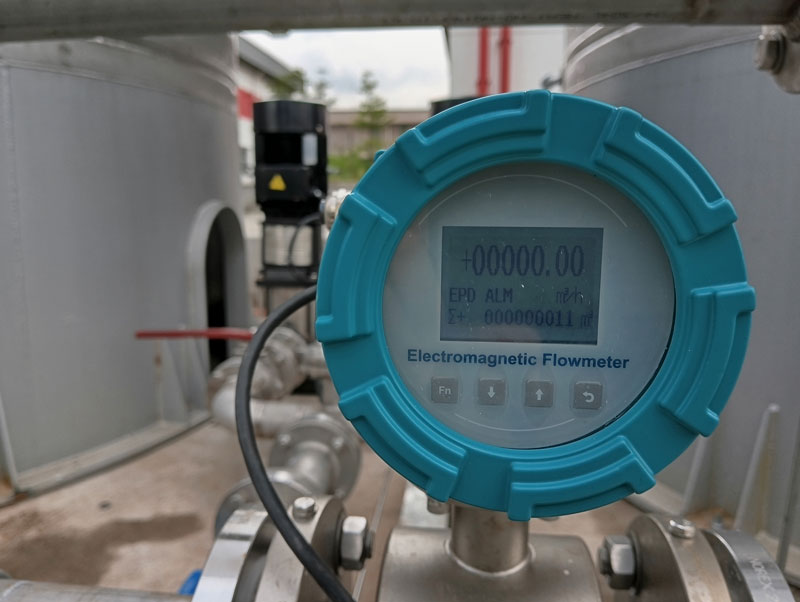
The major purpose of flow measurement is to provide accurate real-time data for industrial automation and process control. This allows operators or control systems to make timely adjustments, improving both quality and output.
Examples include chemical dosing in water treatment, raw material blending in chemical production, high-pressure water injection in oil fields, leak detection in steel blast furnaces, and continuous casting in metalworking. All of these help increase labor efficiency and product consistency.
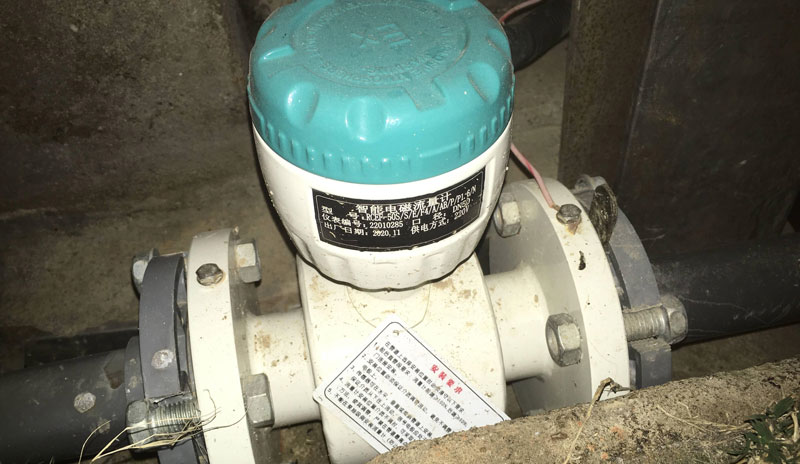
In addition to improving process control, flow meters also contribute to better energy management and cost savings. They reduce labor intensity, improve working conditions, and extend equipment lifespan.
By collecting accurate flow data, enterprise managers can make informed decisions, reduce energy consumption, optimize maintenance, and improve overall production efficiency. This application is often referred to as the "monitoring purpose" of flow measurement.
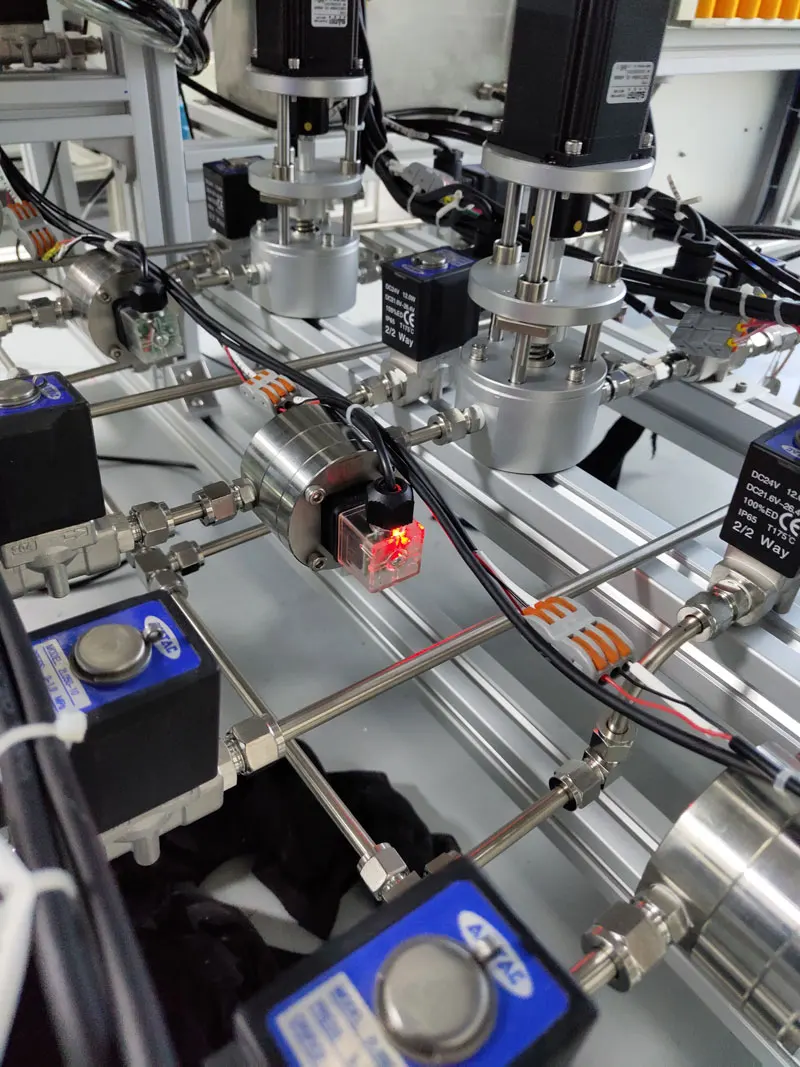
Another critical use of flow measurement is for economic and commercial purposes, often called the "metering purpose". Here, flow meters track the total amount of transferred fluids to ensure fair trade settlements and custody transfers.
For instance, oil, water, steam, and heat are traded as commodities. Accurate cumulative flow data ensures that both suppliers and buyers can agree on transaction volumes.
Flow meters also play a key role in internal resource allocation, especially in industries focused on sustainability. With growing environmental awareness and stricter pollution controls worldwide, flow meters help track emissions and manage wastewater discharge by providing scientific and reliable total flow data.
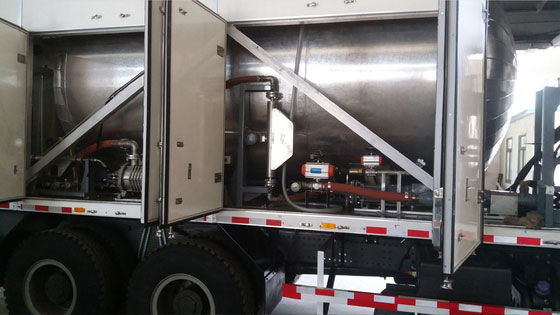
In real-world applications, monitoring and metering often go hand-in-hand. Take cement slurry pouring in construction as an example: a flow meter not only controls the pouring rate for quality assurance but also ensures the total volume poured matches the design requirements—avoiding waste while maintaining performance.
Similarly, beverage manufacturing uses flow meters for both volume accuracy in canning and to improve automation and reduce manual labor.
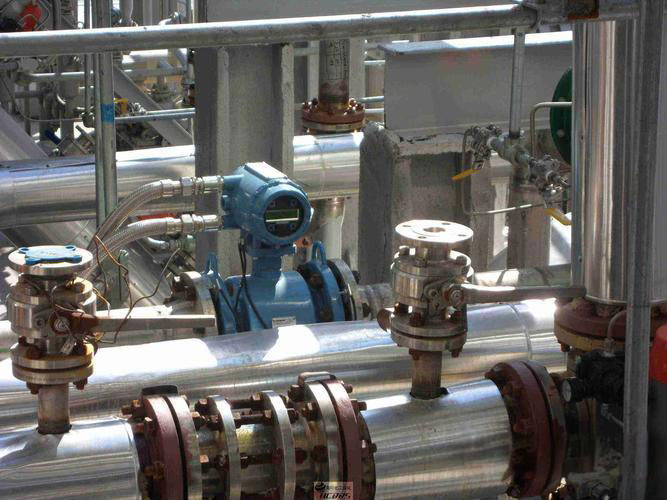
Flow meters used for monitoring primarily need to be stable and reliable, with accuracy being a secondary concern. In contrast, meters used for metering require both high stability and high precision.
Certain flow meter types, such as volumetric flow meters or Coriolis mass flow meters, are ideal for metering applications. Others, including variable area flow meters and vortex flow meters, are also suitable when high accuracy is required.